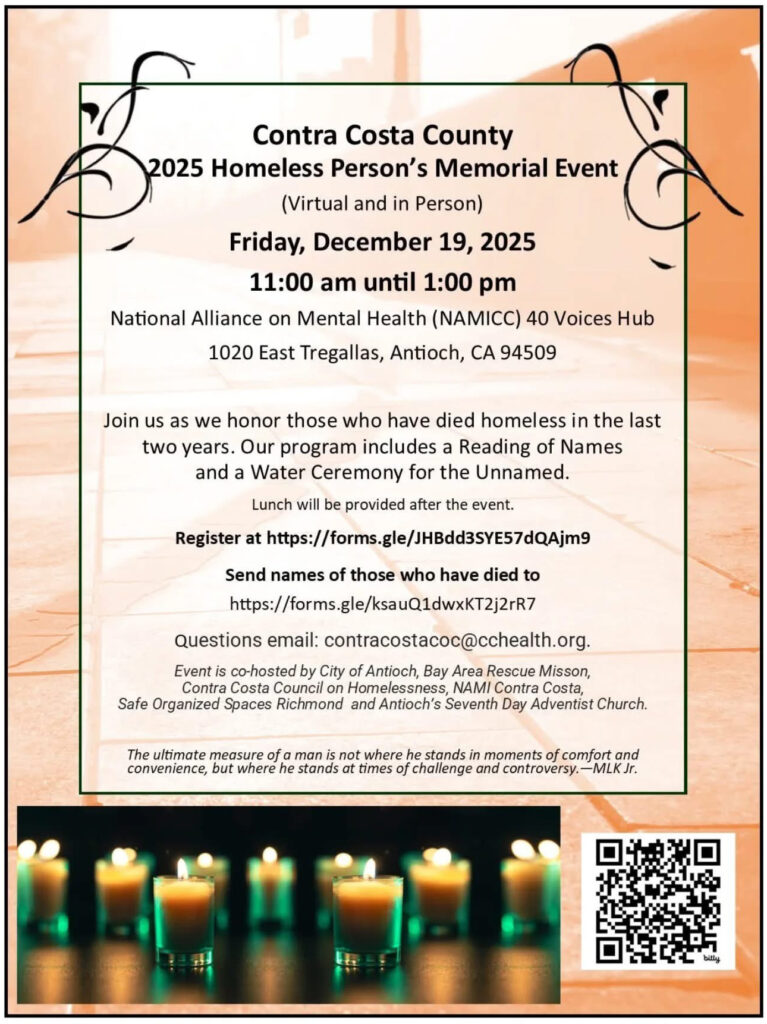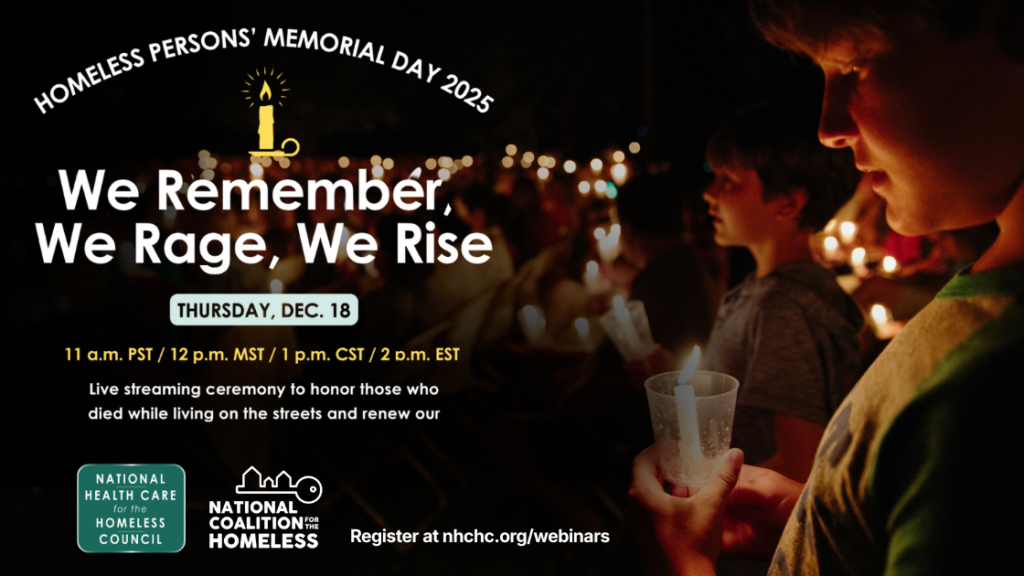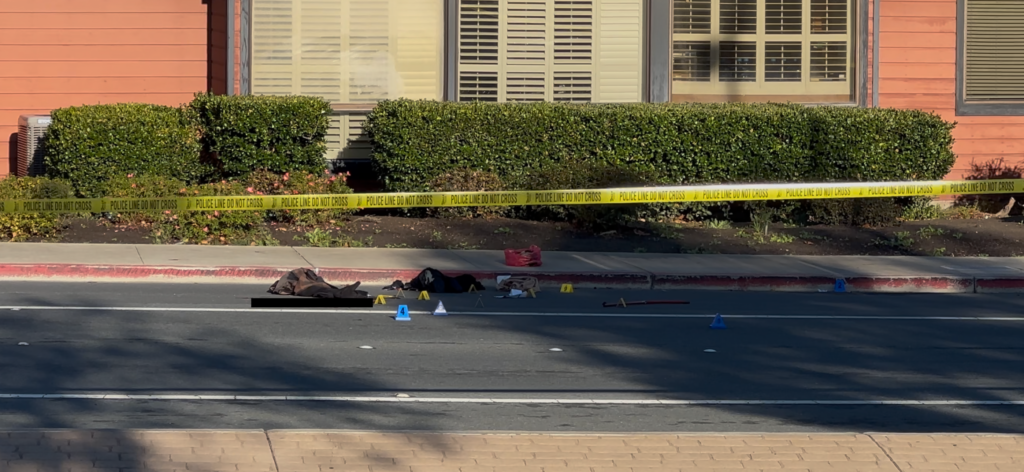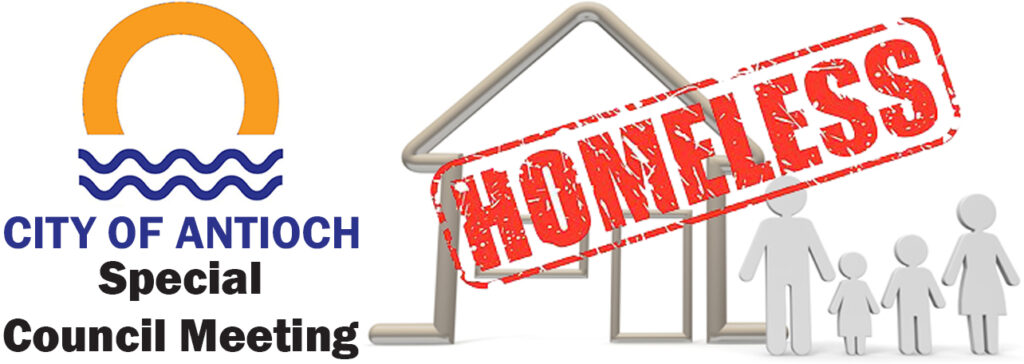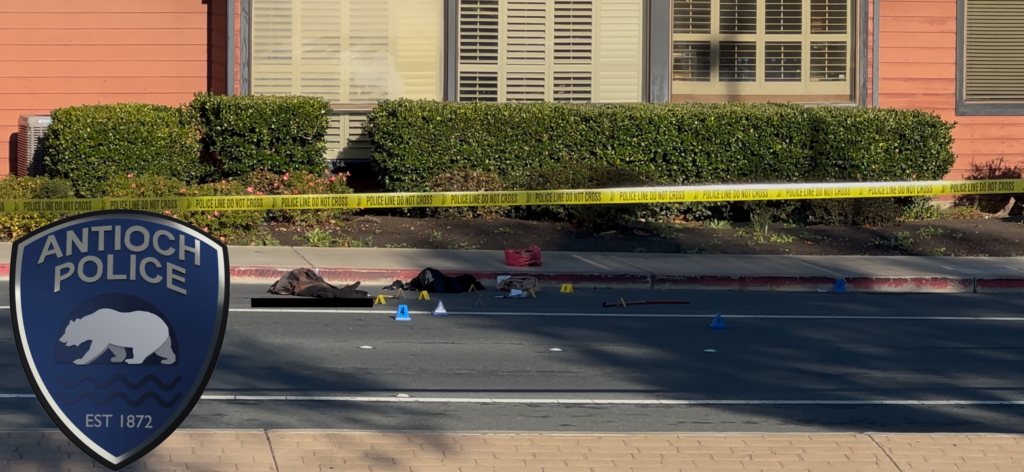Antioch Council to discuss warming center options Tuesday night
Monday, January 12th, 2026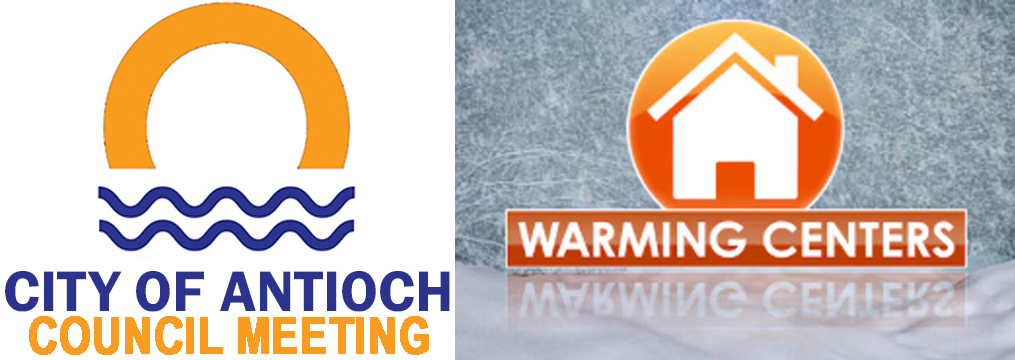
During first meeting of the year
By Allen D. Payton
During the first regular meeting of 2026, Tuesday night, Jan. 13, the Antioch City Council will discuss three options for opening warming centers during severe cold spells, including relying on the County, partnering with faith-based and community organizations or a City-funded warming center.
The council will first hold a Closed Session on three matters, the recruitment of a new City Attorney, significant exposure to two potential lawsuits and conference with labor negotiators regarding contracts with various City employee groups.
In addition, during the regular meeting the Council will review the Council 90-Day Request List Items submitted through November; appoint a City representative to the Contra Costa County Library Commission through June 2029; consider approving the proposed 2026 City Council 6-Month Priorities to guide policy direction; discuss approving a waiver of “City-only” building permit fees, up to $50,000, for Loaves & Fishes of Contra Costa (LFCC) for renovations to their property located at 408 O Street; and forming a General Plan Advisory Committee that could include Councilmembers, Planning Commissioners and representatives from the community.
Warming Centers
According to the City staff report for the item, #7 on the agenda, the Council will discuss three options for warming centers:
Option 1: Rely exclusively on Contra Costa County’s warming center program, acknowledging that no guaranteed warming center location currently exists in Antioch.
Option 2: Direct staff to pursue partnerships with faith-based or community organizations to explore shared staffing, resource-sharing, or cost-sharing models for warming center operations.
Option 3: Direct staff to further evaluate a City-funded warming center, recognizing the staffing, cost and operational challenges identified above. Nightly expenses would range from $3,500 to $4,500.
Contra Costa County opens warming centers during severe cold spells based on National Weather Service (NWS) criteria, which specify predicted temperatures at or below 32 degrees for three straight days. When County warming centers are activated, City staff coordinate with the County to support advance community notification.
While the County has confirmed it will activate centers during qualifying conditions there are currentlyno guaranteed or identified warming center locations in East Contra Costa County, including Antioch. As a result, Antioch residents may need to travel outside the immediate area to access County-operated warming centers when they are activated.
The Public Safety and Community Service Department (PSCR) has activated a hoteling-based emergency placement program. This Emergency Motel Voucher Program (EMVP) is a separate, non-congregate emergency response strategy designed to address life safety risks during severe weather events, particularly when congregate warming center options are unavailable, inaccessible, or not appropriate for certain individuals. EMVP does not replace warming centers, but instead provides a focused, referral-based option for high-vulnerability individuals during qualifying conditions.
In the absence of a County-operated warming center in Antioch, City staff has explored whether local churches or community organizations were independently operating public warming centers. None were found to operate public warming centers. However, one Antioch-based church has recently expressed willingness to activate a warming center if the City provided funding for staffing, supplies, and operations. Another option is for the City to work with local faith-based organizations to jointly explore partnership models, shared-resource approaches, or cost-sharing options, which might be more sustainable than a City-operated center.
Another option considered is for the City of Antioch to operate its own warming center based on activation criteria established by the Council, such as when temperatures fall below 40 degrees or other local thresholds. However, this option is not recommended due to staffing limits and high estimated costs. All responsibilities would be managed through overtime, with estimated nightly expenses ranging from $3,500 to $4,500.
Meeting Details
The Closed Session begins at 5:00 p.m. and the regular meeting begins at 7:00 p.m. in the Council Chambers at City Hall located at 200 H Street in Antioch’s historic, downtown Rivertown. It can also be viewed via livestream on the City’s website and the City’s YouTube Channel, on Comcast Cable Channel 24 or AT&T U-verse Channel 99.
See complete meeting packet.











